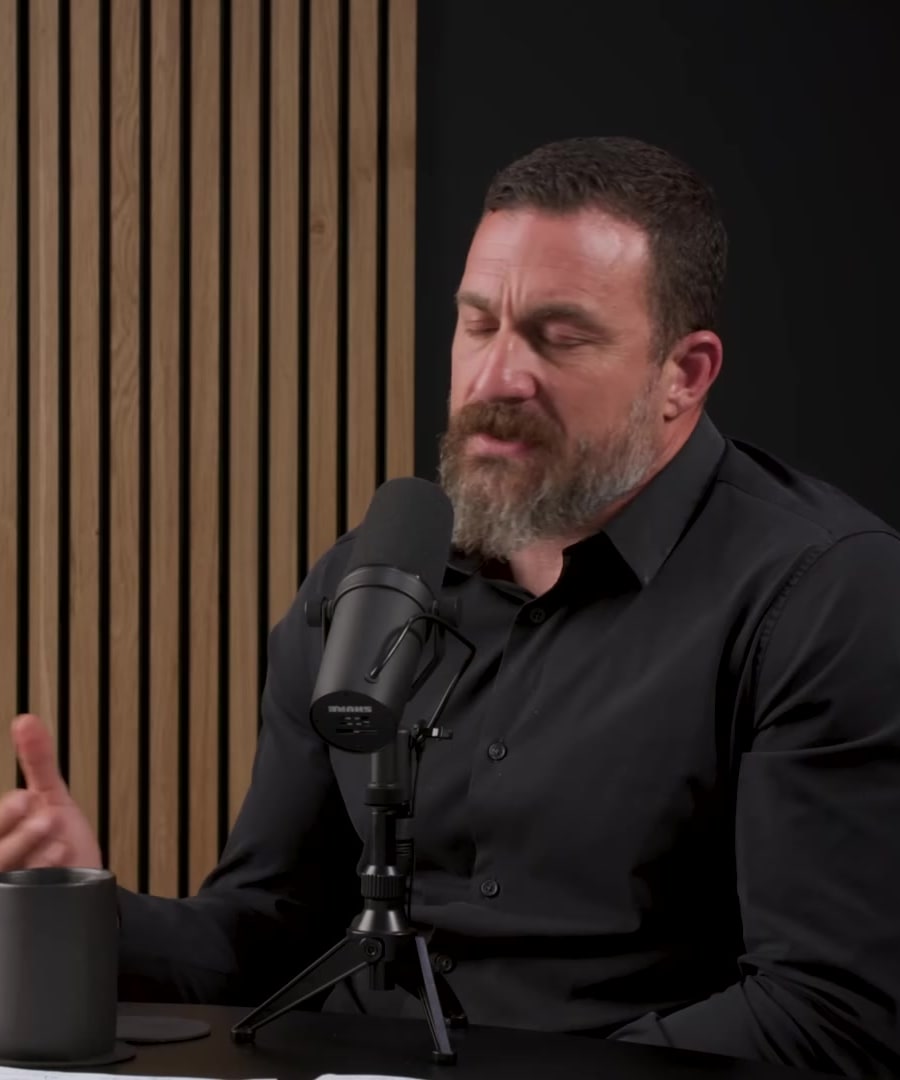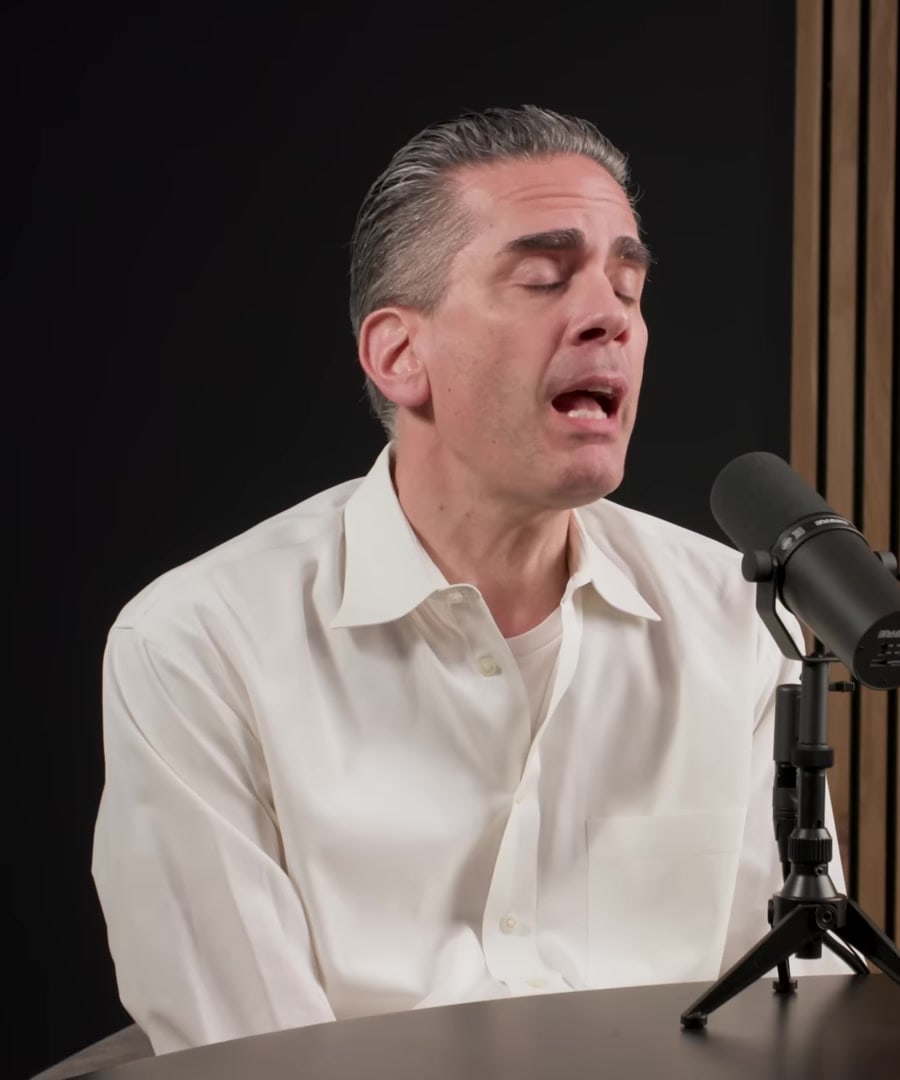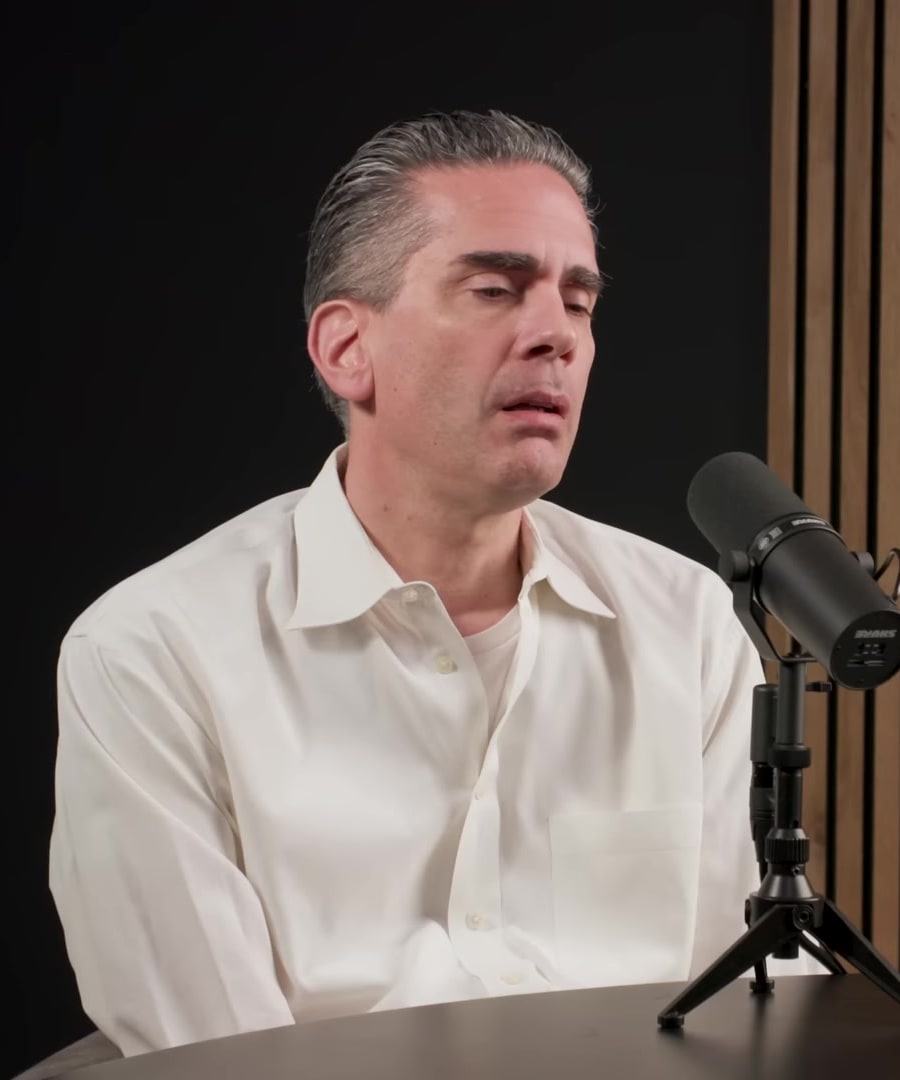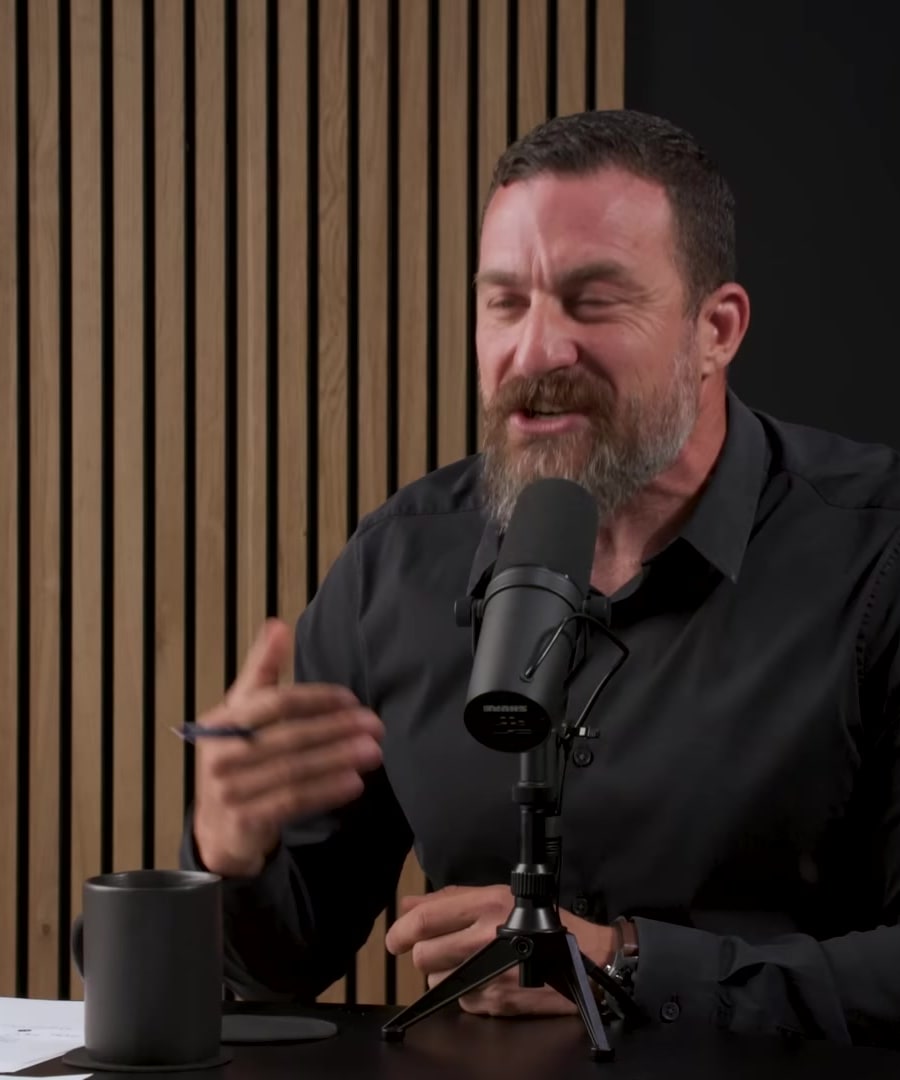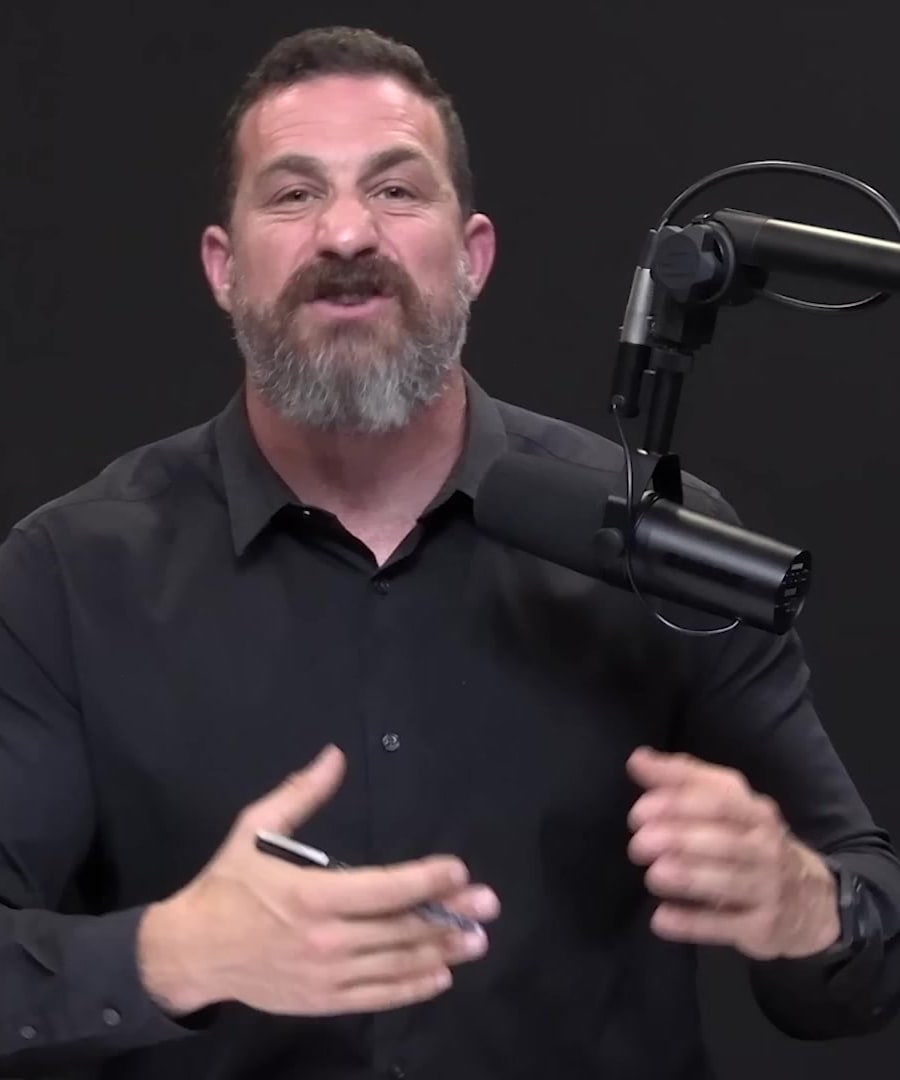What is the protocol for understanding and assess our own mental health?
Sources:
The provides in-depth insights into understanding and assessing mental health through a series of discussions with Dr. Paul Conti. Key points include:
- Structure of Mind: Understand how the subconscious and conscious mind drive emotions, decision-making, and behavior 1.
- Mental Health Practices: Learn specific practices to enhance mental health, either alone or with a therapist, that address anxiety, confidence, beliefs, internal narratives, self-talk, and common challenges such as overthinking 1.
- Protocols: Follow detailed protocols for reflecting on personal mental health, including addressing your drives (aggressive, pleasure, generative) and how subconscious processing influences your life aspirations 2.
- Medication and Exploration: Explore the roles of medication and self-exploration in managing mental health, with an emphasis on understanding rather than substituting the need for self-care 3.
- Achieving Goals: Understand that mental health, like physical health, is the result of learning, diligence, and resilience. One must apply science and common sense to achieve changes 4.
- Practical Tools: Individualize tools for mental health based on understanding personal issues and negative cycles, and work towards well-being and a better life 5.
- Psychological Health Parallels Physical Health: Develop mental health by understanding the self's structure and function, utilizing agency and gratitude 6.
- Journaling Protocol: Implement a science-supported journaling protocol to improve mental well-being and physical health by reflecting on traumatic or stressful experiences. This has been shown to positively impact immune function 7.
Dr. Conti also provides downloadable PDFs illustrating these frameworks, which can be found in the show notes of the relevant episodes.
For a practical tool directly from the , Dr. Andrew Huberman discusses the protocol of writing about traumatic experiences, which has been supported by over 200 peer-reviewed studies to improve mental health and lower anxiety 7.
RELATED QUESTIONS
What is the protocol for understanding and assess our own mental health?
- RELATED QUESTIONS


